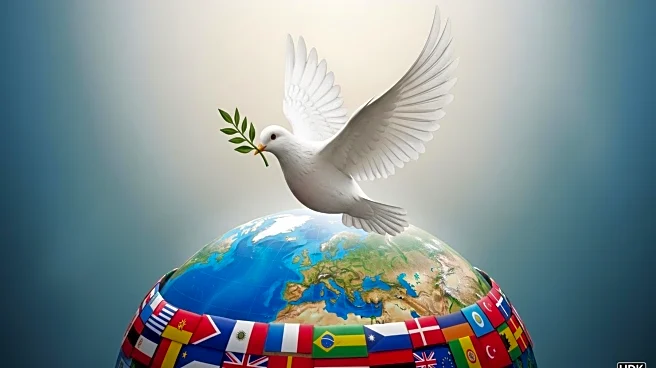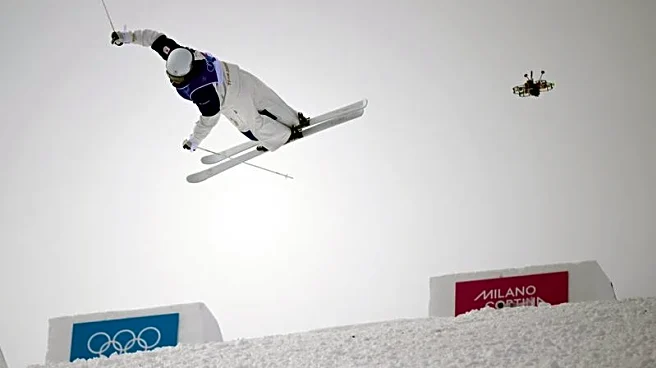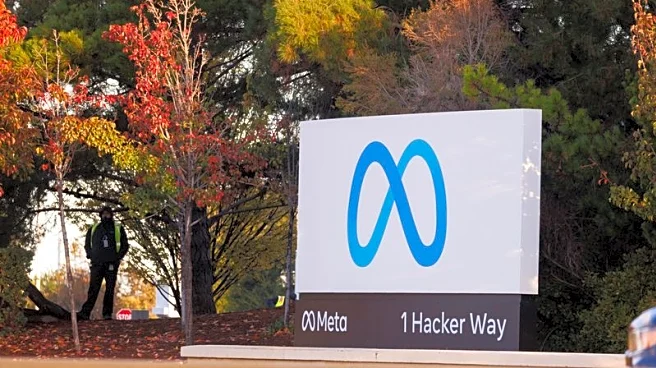What's Happening?
Mohammed bin Abdulaziz Al-Khulaifi, Qatar's Minister of State at the Ministry of Foreign Affairs, has criticized Israel for its missile attack on Doha, which he claims undermines international law and the practice of diplomatic mediation. Qatar has long been a mediator in global conflicts, including those involving Israel and Palestine. The attack has raised concerns about the ongoing ceasefire negotiations with Hamas and occurred near the U.S. Central Command forward headquarters at al-Udeid Air Base. Israeli Prime Minister Benjamin Netanyahu has justified the strikes by citing Hamas attacks and has threatened further action unless Qatar complies with his demands.
Why It's Important?
The attack on Qatar, a U.S. ally, poses significant risks to international diplomacy and peace efforts in the Middle East. Qatar's role as a mediator has been crucial in facilitating dialogue and humanitarian aid, including the release of hostages and aid delivery to Gaza. The incident challenges the principles of sovereignty and nonintervention, potentially destabilizing diplomatic channels and increasing regional tensions. The international community's response, including the U.N. Security Council's condemnation, highlights the need for accountability and the preservation of diplomatic mediation.
What's Next?
The global community may need to reinforce diplomatic norms and ensure the protection of mediators to prevent further escalation. The U.N. Security Council's condemnation of Israel's actions could lead to increased diplomatic pressure on Israel to adhere to international law. Qatar's continued role in mediation may be reassessed, and further international dialogue may be necessary to address the implications of the attack and ensure the continuation of peace efforts.
Beyond the Headlines
The attack raises ethical questions about the use of force against mediators and the potential erosion of diplomatic channels. It underscores the importance of maintaining safe spaces for negotiation and the risks of unchecked military actions. The incident may prompt a reevaluation of international legal frameworks governing mediation and conflict resolution.










